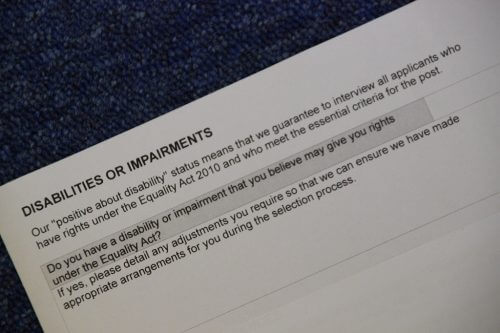
Remarkable as it sounds, a European Court of Justice (ECJ) case in late 2016 involved a German who applied for jobs in which he was not interested – see panel. He was only after the rejections which gave him an excuse to launch a discrimination claim that sought compensation. In ruling on the case, the ECJ said that discrimination law protection only applies where an individual has a genuine interest in the job they’re applying for.
Therefore, with job applicants becoming ever more savvy about their rights and employers more and more concerned about facing claims of discrimination or for compensation from unsuccessful applicants, what can they do reduce the likelihood that such a claim would succeed?
It seems easy
Recruiting a new employee seems relatively straightforward on the face of it – prepare a job description and person specification, advertise the vacancy, consider applications, invite applications for interview and make your selection. However, it can be very difficult to get the right person for the job, particularly when trying to protect your business and your reputation against the increased risk of litigation in relation to discrimination and equal opportunities.
The UK’s discrimination law provides protection to all job applicants from less favourable or unfavourable treatment because of any of the following: age; disability; gender reassignment; marital status or civil partnership; pregnancy or maternity; race, colour, nationality or ethnicity; religion or philosophical beliefs; sex (i.e. gender); or sexual orientation. These are known as ‘protected characteristics.’[…]
What you get with a subscription
- Operator & Supplier Profiles
- Face-to-Face Interviews
- Lastest News
- Test Drives and Reviews
- Legal Updates
- Route Focus
- Industry Insider Opinions
- Passenger Perspective
- Vehicle Launches
- and much more!


